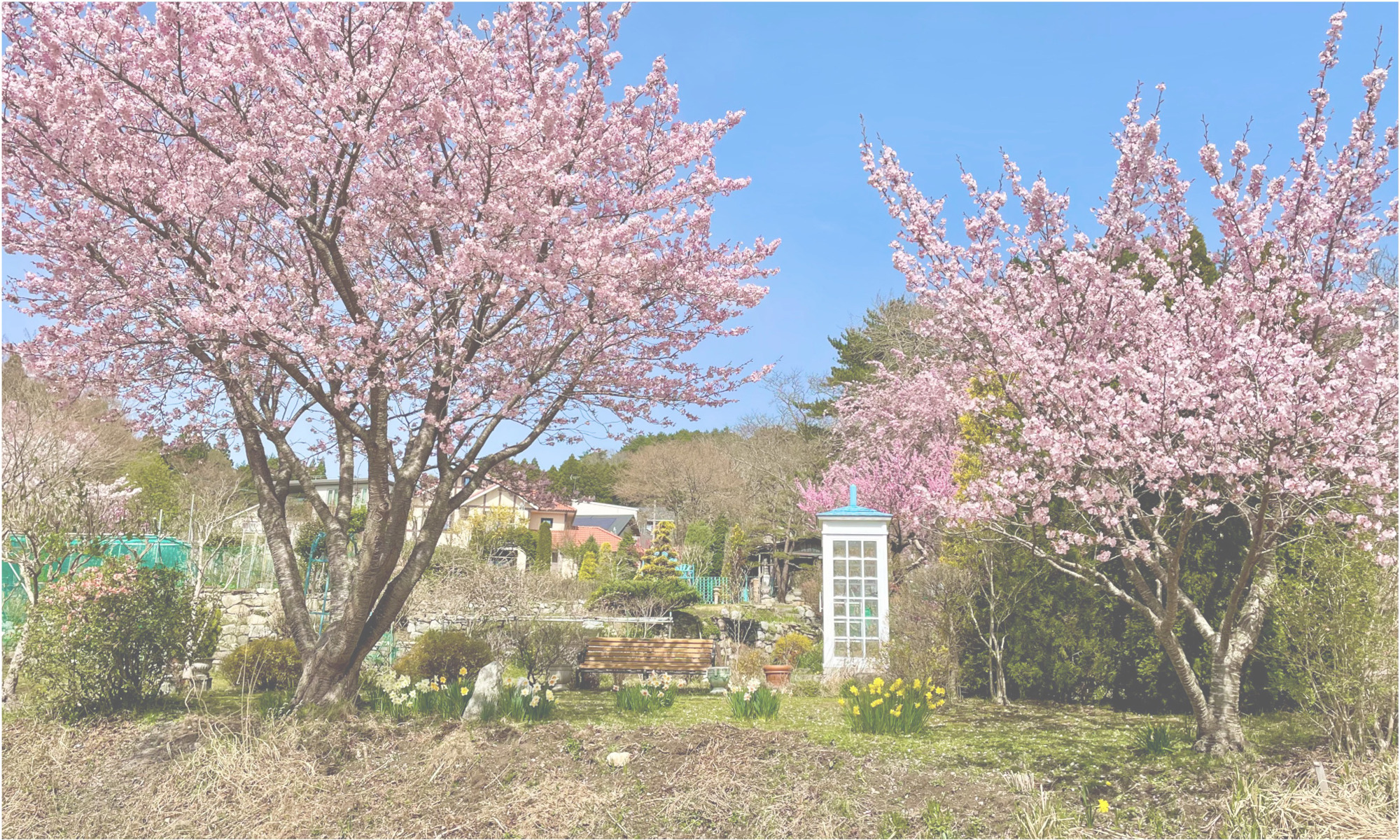When a person who usually thinks in a rational and logical way loses someone they love, or when they carry grief caused by some form of loss, their vitality often declines. In such moments, they may begin to perceive the world more through emotion than through reason, and tend to act based on feelings rather than strict logic.
This may be because there is little sense of “salvation” or emotional relief within a system built entirely on flawless logic.
The Wind Phone evokes ideas such as “seeing what cannot be seen,” “hearing what cannot be heard,” and “being able to connect anywhere because the line is not actually connected.” These are not logical concepts, yet they allow people to feel that perhaps something impossible could still be true, or that something unrealistic might still be wished for. In this vagueness, people find dreams, hope, and comfort.
However, this time, I would like to deliberately consider the sorrow of loss in a logical way, and explore a path toward renewal.
The death of a loved one naturally brings sadness, because emotionally we do not want them to be gone. Between two people, there exists the idea of “relational existence”—the sense that one’s own self is supported by the presence of the other.
From a logical perspective, to lose a loved one means that the meaning of one’s “self-existence” is diminished, because human beings are, in many ways, sustained by others. Therefore, in order to heal grief, it may be necessary to build new forms of “relational existence”—relationships in which one’s own presence is acknowledged and understood by others.
Of course, replacing a loved one with another person is extremely difficult, and it will not be easy. Yet, I believe there is no other path toward one’s own recovery except to devote energy to forming new relationships.
We do not live alone from the moment we are born. We live within relationships—between people, and between ourselves and nature. How we create these relationships will determine what the next stage of life will look like.
I believe that the severing of relationships may become the turning point between falling into depression and choosing to live a new life. Once we emotionally grasp, accept, and come to terms with what has happened, we must shift our thinking logically and connect it to the next step forward in life.


